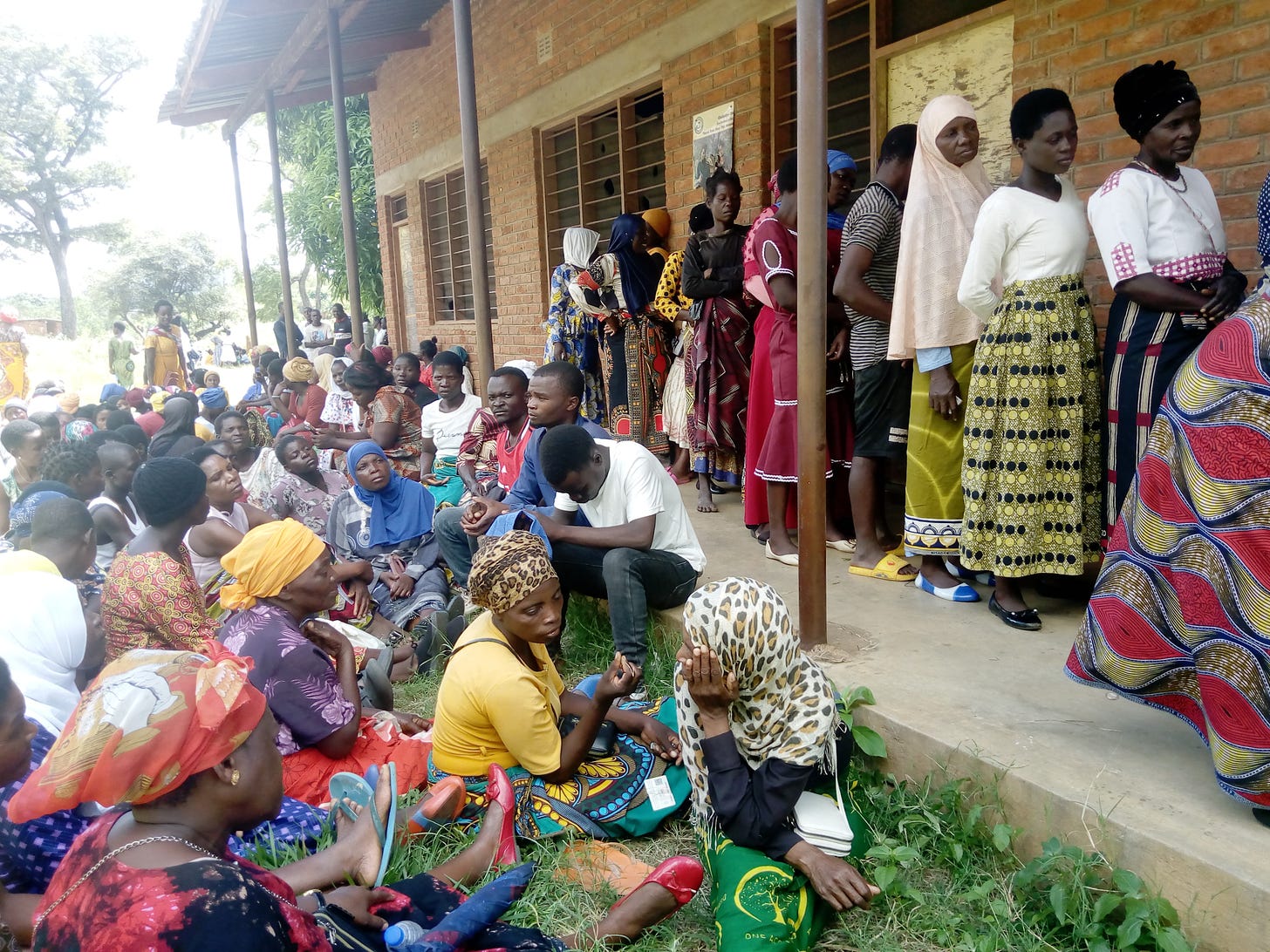Malawi Climate Project Aims to Boost Rural Incomes, Environment
The public works program is one piece of Malawi's national strategy to build resilience to climate change impacts like drought, flooding and soil degradation that threaten food security.
ZOMBA, Malawi— A climate-focused public works program in Malawi's Zomba district is helping lift rural communities out of poverty while promoting environmental conservation, officials say, writes Peter Davieson.
The Climate Smart Public Works project has so far covered 123 hectares (304 acres) in the Malosa extension area, employing 480 participants who recently received cash transfers of K28,000 each.
"The project is very beneficial looking at the people we are working with are not economically sound, so we are working to empower them to have at least something at the end of the cycle," said Alex Jangiya, designated desk officer for the project.
Funded by the Malawi government, the public works initiative creates jobs in tree planting, trench digging for water harvesting and other natural resource management activities.
Jangiya said the project, which initially targeted covering 203 hectares (502 acres), enables participants to also receive food relief items.
Justin Maziya, chair of the catchment management committee overseeing the project, said no injuries were reported during implementation so far. He vowed the reforestation work will continue even without government sponsorship.
"As a committee, we will keep on planting and taking care of trees because we have seen how beneficial the project is in terms of managing climate change," Maziya said.
Elube Kachanda, a beneficiary working on trench digging for water harvesting, said the project has transformed lives by providing income and food while protecting the environment.
Climate experts say involving rural communities in conservation efforts, while boosting their economic resilience, is crucial for adapting to weather extremes driven by global warming.
The public works program is one piece of Malawi's national strategy to build resilience to climate change impacts like drought, flooding and soil degradation that threaten food security.



